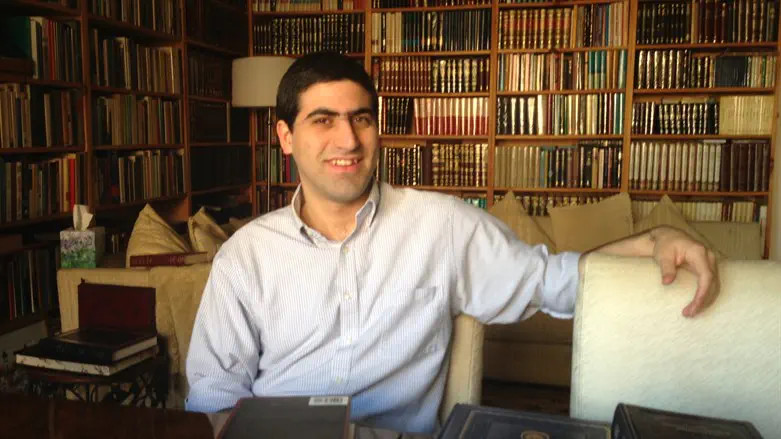
Rav Hirsch is unsure whether “to’avas Mitzrayim” means “a sacrifice that disgusts Egyptians” or “a sacrifice that the Egyptians deem a god, which we find disgusting.”
Either way, Rav Hirsch writes that this expression reflects the Jewish attitude to paganism – both “ancient and modern.” He writes, “That to which other nations sacrifice themselves, Jews sacrifice to their G-d.” He explains:
The nations worship “the mighty forces of nature to which man must submit as well as the powerful forces of nature within himself to which he is subject.”
Not so the Jew. He “kills the representatives of these forces and thereby makes himself conscious of his power to master the forces of nature within himself” [emphasis mine]. And in “obtaining free control of these, and submitting them to the will of the Almighty One, he frees himself also from the dominion of all the blind external forces of nature.”
I’m not sure what modern paganism looked like in 19th century Germany, but it isn’t difficult to identify it today. Almost every modern vice is built on it: sanctification of one’s feelings and surrender to forces beyond oneself.
Judaism stands for the very opposite. We are not victims or slaves. Sanctifying our desires is pagan, not Jewish. Pleading victimhood to external forces is likewise pagan, not Jewish.
The ancient Egyptians didn’t just serve a different god than we do. The difference between the two is so profound that Moshe uses the word “to’avas” (abomination) to describe it.

Elliot Resnick, PhD, is the host of “The Elliot Resnick Show” and the editor of an upcoming work on etymological explanations in Rav Samson Raphael Hirsch’s commentary on Chumash.
